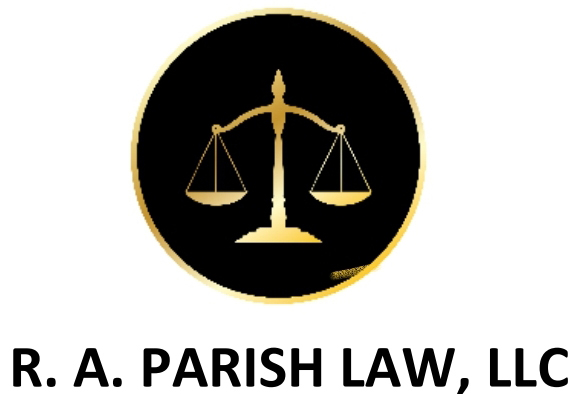When Holiday Despair Outweighs the Holiday Cheer
Dealing with high conflict relationships and emotional abuse of any kind can be challenging. For couples without children or grown children it could mean dividing an accumulation of resources and assets which were meant to be used for a comfortable retirement. For parents, the process can have added difficulty. On the one hand, it’s a matter of protecting children and showing them their value. On the other, separating mothers and fathers worry about child support. Will they be able to survive separate and apart whether paying it or receiving it?
Of course, there is a chance that vindictiveness and parental alienation will rear their ugly head when couples are in the midst of a high-conflict separation. There is a chance of lengthy drawn-out expensive litigation that might gobble up limited resources. The price tag that comes in splitting up, with children, will certainly mean less time with the children and there is always the worry it may result in the children seeing one parent as less favorable than the other.
There is a multitude of reasons one could find him or herself in a high-conflict relationship. It could be as simple as one partner just likes to fight and needs to be right. Alcohol and drugs can also add to already stressful situations. Here are some suggestions to cope with high-conflict situations this holiday season:
-
- Seek legal counsel as soon as possible. Find someone who makes you feel comfortable and who understands your wishes.
- Don’t engage in conversations with your partner that could escalate.
- Consult with a counselor or spiritual advisor to give yourself an outlet.
- Gather and keep record of all financials, income, and property ownership.
- Don’t discuss your situation with anyone. Not everyone is your friend.
- Try not to react – especially when your partner is looking for a reaction.
Maintaining calm and resisting the urge to fight may seem like a never-ending battle where no matter how much resistance and calmness is practiced it does not prevent an explosion from erupting. An evening may end in argument with the children hiding in their rooms and the parents angry in separate rooms. For couples without children or grown children one of them might even leave to go somewhere else out of spite.
There are all kinds of ways to handle high-conflict situations. Surely, no one should be forced to sit back and take abuse from a narcissistic partner. No doubt finding someone to wage a war on your behalf certainly sounds like a great idea! However, one should proceed with caution. Some lawyers will add to an already combustible situation and watch it explode. Someone with good intentions may prod you into finding legal counsel with strong “bulldog” tendencies which can, in turn, escalate matters beyond any ability to acquire an agreed settlement later. It takes immense courage to escape someone when they’re treating you less than human. It also takes a viable plan to lessen as much as possible the negative impact of it all in one’s own personal and mental well-being.
Making the decision to end a marriage is one of the most difficult decisions one will make in life. When the cheer from the holidays is outweighed by despair most couples find this is a major sign of a severely damaged relationship that is headed toward a custody battle and/or divorce. The advice and counsel of an experienced family law attorney is paramount to one’s guidance and understanding of the process in making the difficult decision to end a marriage or relationship with children. Understanding your rights and the process can help you make the best decisions possible for moving forward in a new way of life.
If you are facing divorce and/or child custody issues R.A. Parish Law, LLC is available to help guide you with compassion and skill. No Cost, No Obligation Consultations (614) 407-0443.
